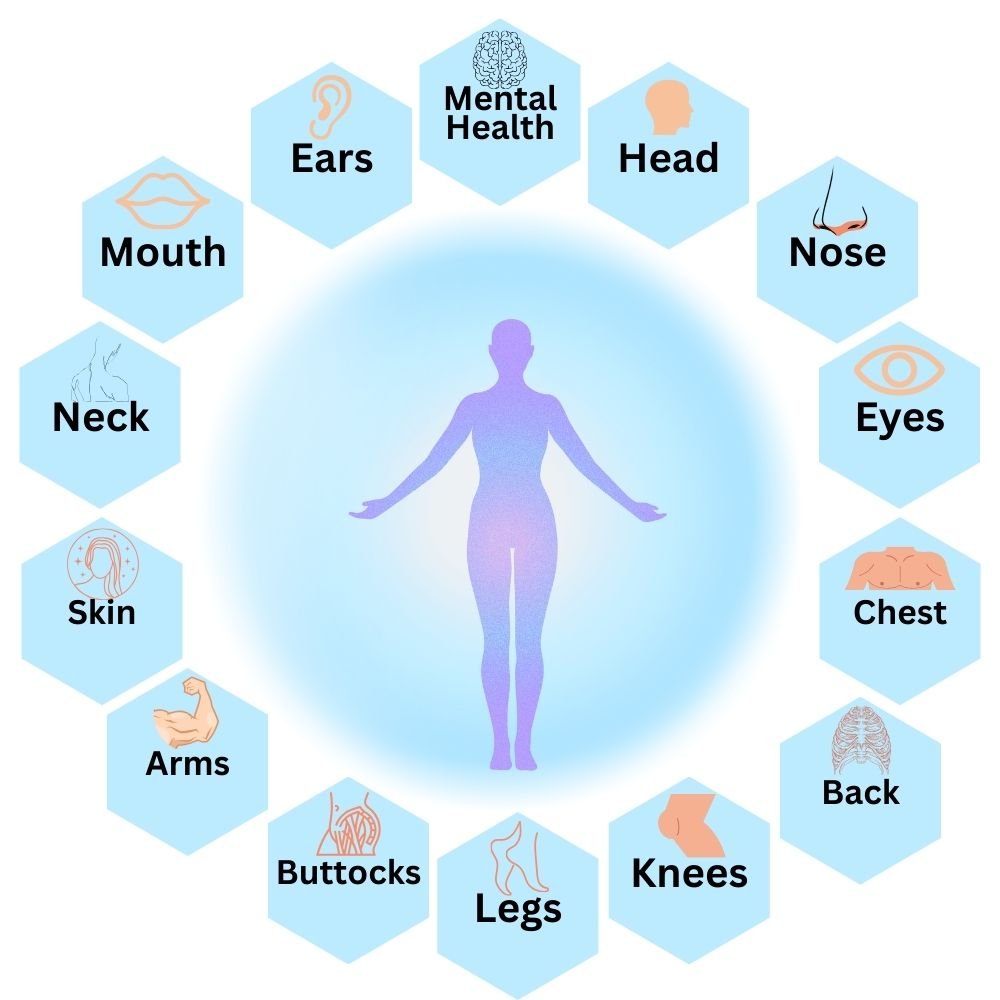Headaches are a common ailment affecting people of all ages and backgrounds. While often dismissed as a minor inconvenience, they can significantly impact daily life and productivity. Understanding the reasons behind headaches, along with appropriate treatments and preventative measures, is crucial for effective management and relief.
Post Views: 29










